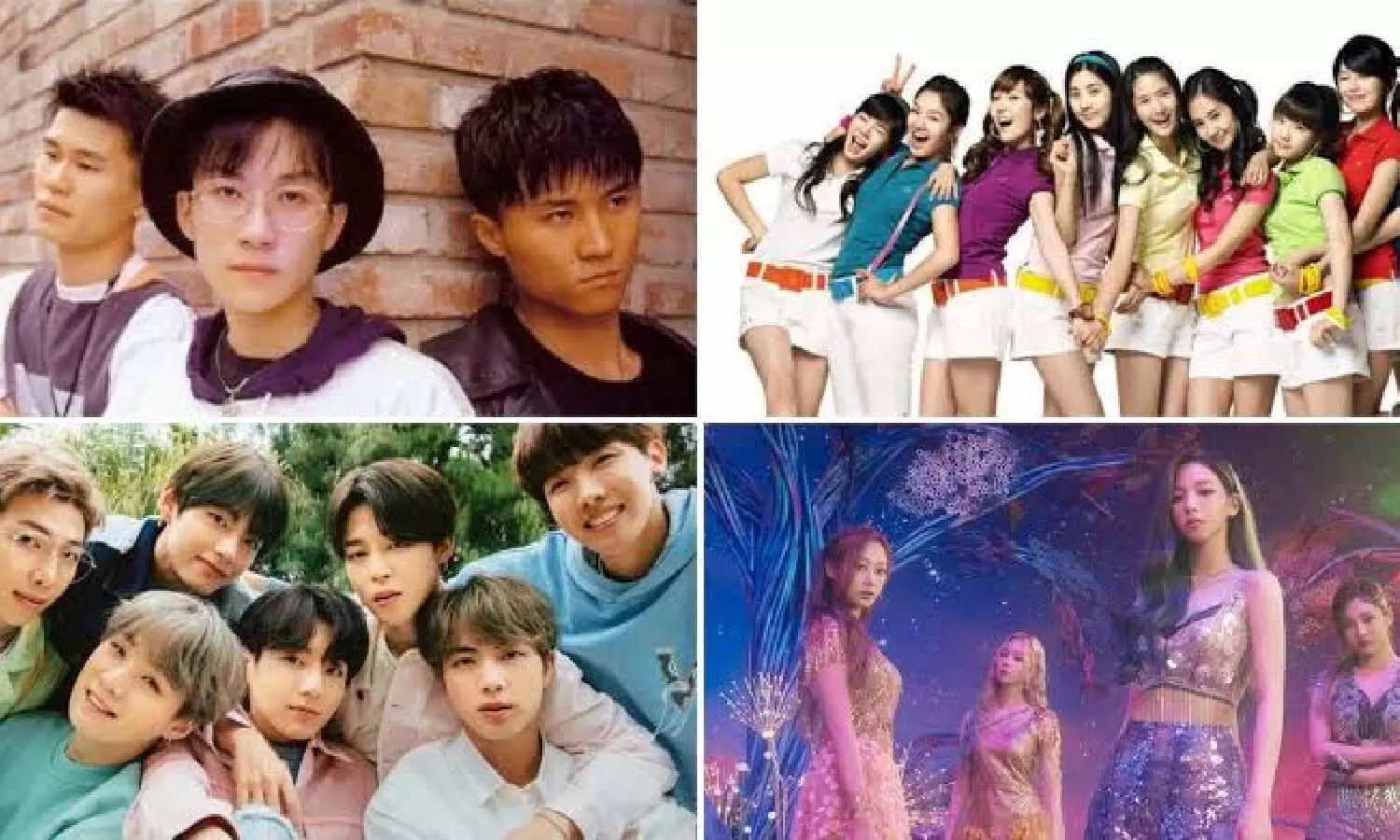`Generation K’: How Korean influence has prompted Indian schools to introduce its language as optional subject
This growing phenomenon has led many to call them “Generation K”: a generation that knows more about Seoul’s latest trends than their own neighborhood cricket scores.
By Newsmeter Network
`Generation K’: How Korean influence has prompted Indian schools to introduce its language as optional subject
Hyderabad: Scroll through a teenager’s phone today, and you may find BTS photo cards tucked behind the cover, Korean phrases scribbled in chat notes, or a playlist filled with K-pop hits.
Ask them about their favorite snack, and you might hear tteokbokki instead of samosa. For India’s new wave of children and teenagers, Korea is not a faraway country; it’s part of their daily lives.
This growing phenomenon has led many to call them “Generation K”: a generation that knows more about Seoul’s latest trends than their own neighborhood cricket scores.
Beyond Entertainment: A Cultural Immersion
What started as a craze for Korean dramas and catchy K-pop songs has expanded into a full-fledged cultural immersion. Kids are not just watching shows, they’re learning recipes, experimenting with fashion, and even celebrating Korean festivals with their peers.
“This is no longer just about fandom. Many children treat Korean culture as an everyday reference point, whether in food, music, or language,” said Dr. Anisha Menon, cultural sociologist, speaking to NewsMeter.
K-Pop as the Gateway
For most, the entry point remains K-pop supergroups like BTS, Blackpink, and Stray Kids. Their polished performances and online presence create a sense of intimacy that appeals strongly to young audiences.
“K-pop has a participatory culture; fans don’t just consume, they create. Kids are making dance covers, fan art, and even learning Korean lyrics to sing along,” explained Shastri Kumar, media researcher.
Language and Learning
The enthusiasm has translated into academics. Schools across major cities are introducing Korean as an optional language, while online platforms report rising enrollments from school-going children.
“The curiosity is genuine. Some students pick up Hangul faster than European languages because they already hear it daily in dramas and songs,” said Akshaya Iyer, a Korean language instructor
Digital Communities and Peer Influence
Unlike previous cultural waves that trickled down through television or film, this one is fueled by peer-to-peer sharing. Teenagers swap Korean skincare tips on Instagram, exchange drama recommendations on WhatsApp, and participate in global fan communities on Twitter and Discord.
“Peer-to-peer sharing is the engine here. Unlike older cultural waves, this one is decentralized and driven by the youngest internet users,” observed Dr. Menon.
Parents’ Perspective
For parents, the trend is both fascinating and overwhelming. While they appreciate the exposure to a new culture, they also see children investing long hours online.
“My 13-year-old talks more about Seoul than Delhi. It’s fascinating, but I also have to remind her about balance,” said Shalini Gupta, a parent from Hyderabad.
Looking Ahead
Educators and experts believe that Generation K’s cultural engagement could open doors in the future. From careers in translation and tourism to opportunities in global entertainment industries, this trend reflects a shift in how Indian youth imagine their futures.
“Today’s curiosity can translate into tomorrow’s global careers. Generation K shows us how cultural flows are no longer one-way, from the West, but increasingly Asian,” added Kumar.